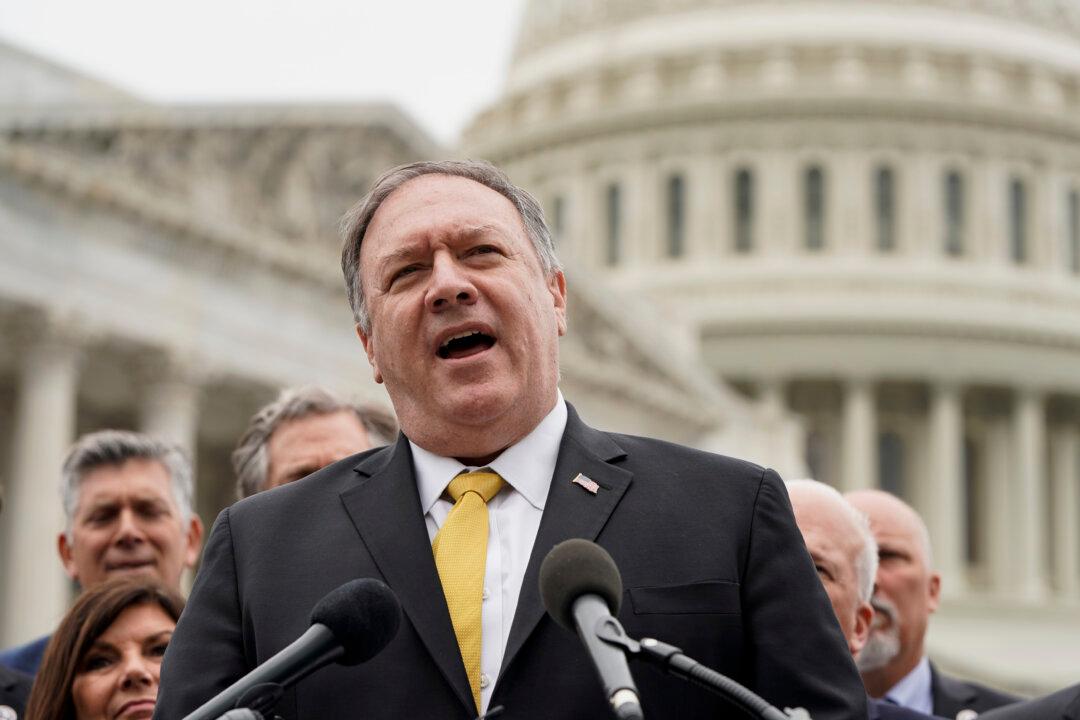The National Republican Redistricting Trust (NRRT) announced Thursday that former New Jersey Gov. Chris Christie and former Secretary of State Mike Pompeo would help lead the organization as co-chairs. This move comes as both Republicans and Democrats prepare for coming battles over redistricting in the wake of over a year of partisan debate over election laws.
NRRT describes its mission as “coordinat[ing] the GOP’s 50-state redistricting effort.” The group is very new, having been formed in 2017 as a response to the National Democratic Redistricting Committee (NDRC). Both groups formed with the intention of preparing for the first redistricting since President Barack Obama.





